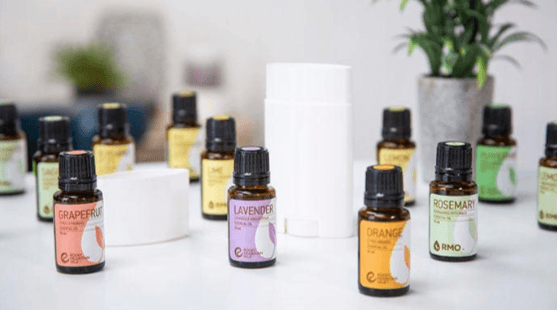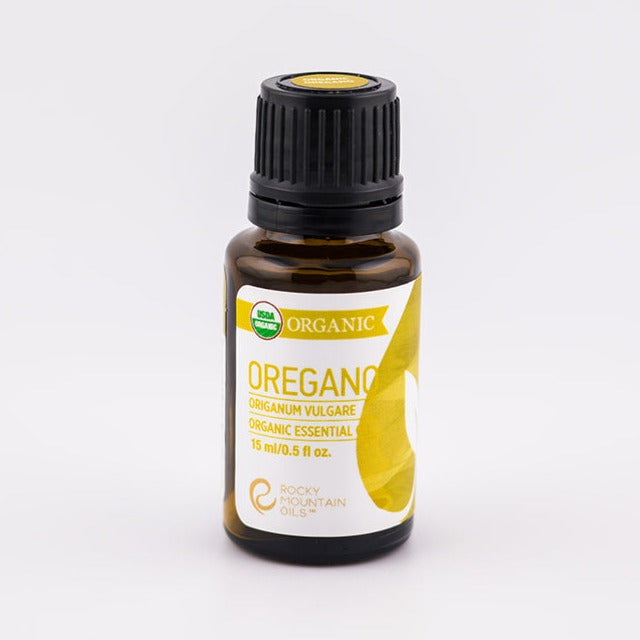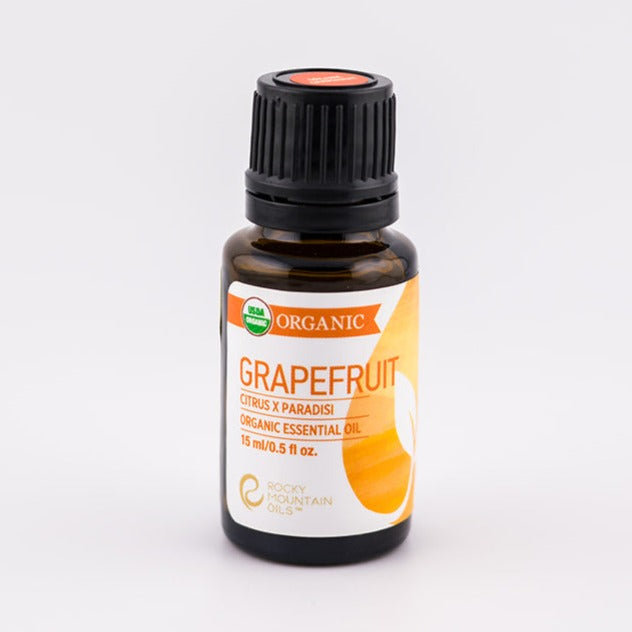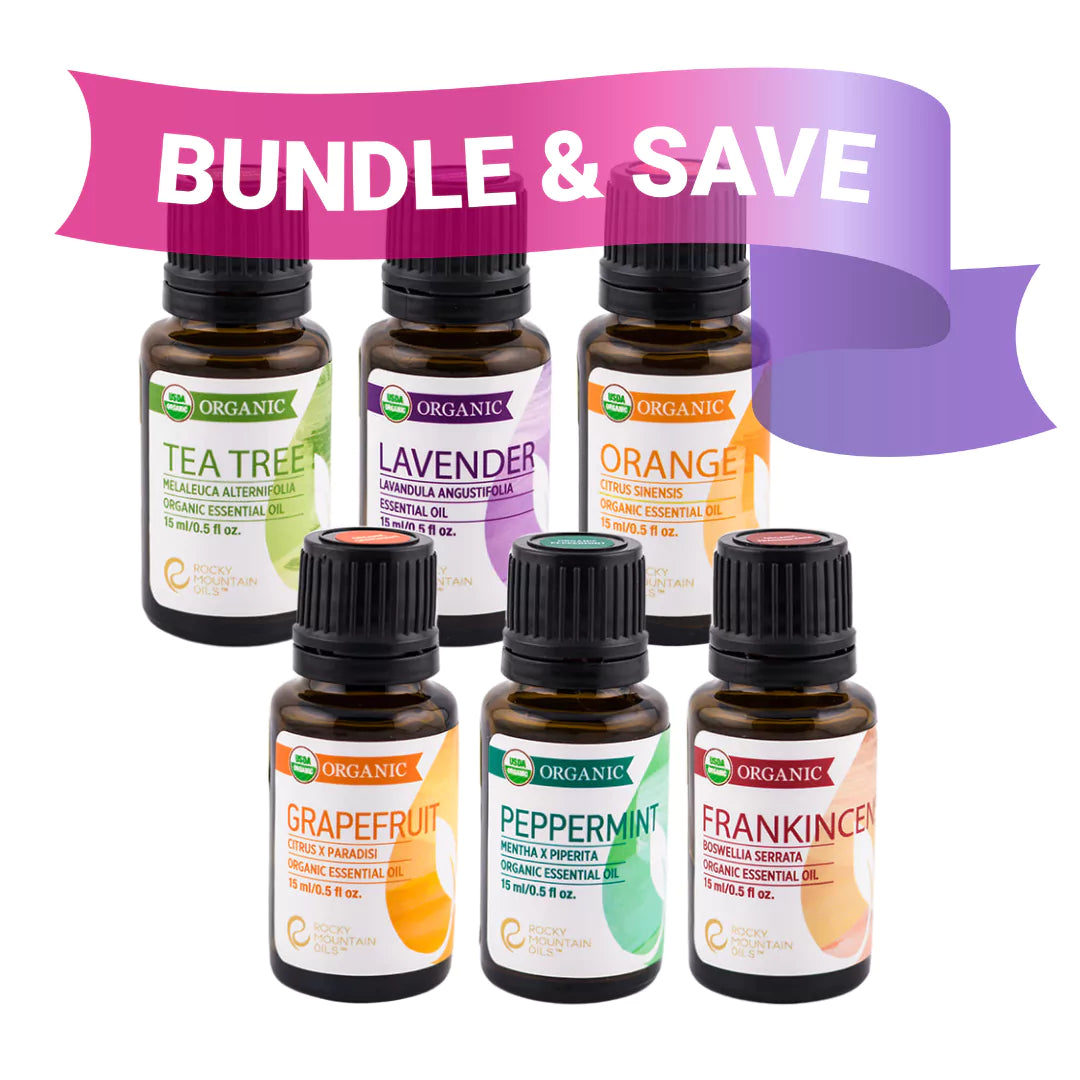Are Essential Oils Flammable?: The Intriguing Fire Factor
Essential oils have graced human civilizations for eons. Traced back to ancient Egypt, these aromatic treasures were celebrated for their healing properties. Extracted primarily through steam distillation, these pure substances are often misunderstood regarding their chemical compositions and subsequent safety.
Are Essential Oils Flammable?
An often-asked question, the flammability of essential oils isn't a straightforward "yes" or "no." Delving into the science, we find that essential oils can indeed ignite due to their volatile nature.
Yet, many variables come into play, defining whether they will catch fire under given conditions.

Factors Affecting Flammability
Purity and Concentration
The higher the purity, the more likely the oil will be flammable. Impurities or dilutions may decrease the risk but don't wholly eliminate it.
Presence of External Agents
Additives and carriers can alter the oil's basic properties, influencing its flammability. Not all additions make them safer!
Storage Conditions
Heat and sunlight can degrade essential oils, impacting their flash point (the temperature at which they can ignite).
Safety Measures When Handling Essential Oils
Given their potential risks, handling these oils with care is paramount.
Safe Storage Practices
Always store in a cool, dark place, preferably in amber-colored bottles.
Proper Dilution Techniques
Avoid using oils in their purest forms unless necessary. A carrier oil can reduce risks.
Using Oils around Flames
Candles, open flames, or even smoking around essential oils are a no-go.

Misconceptions About Essential Oils
Marketing has painted a rather rosy picture of essential oils, often sidelining potential risks.
Myths Regarding Safety
"Natural" doesn't always mean "safe." Despite their organic origins, essential oils come with their own challenges.
The Role of Marketing in Misconceptions
Advertisements can be misleading, emphasizing benefits while glossing over risks. Always do your research!
Case Studies on Essential Oil Accidents
Real-life incidents, though rare, do exist. From minor burns to more severe consequences, these stories underscore the importance of caution. Yet, it's essential to remember that most accidents stem from misuse rather than the oils themselves.
Benefits of Essential Oils
Beyond their potential flammability, essential oils are treasure troves. They boast numerous therapeutic properties, from soothing sore muscles to elevating mood. Their olfactory charm can bring tranquility, making them staples in aromatherapy.
Risks and Precautions
Like all things potent, essential oils come with a caveat. Some may cause allergic reactions, while others might not play well with certain medications. Knowledge is power, so arm yourself with it.
Tips on Storing Your Essential Oil Safely
Proper storage is often overlooked but incredibly crucial when harnessing the power of essential oils for their therapeutic benefits or simply enjoying their delightful aromas. Essential oils are potent and volatile liquids extracted from plants, and how you store them can significantly impact their quality and safety. This guide will explore the ins and outs of safely storing your essential oils, ensuring they remain effective and free from potential hazards.
Why Is Proper Storage Essential?
Before delving into the specifics, let's understand why proper storage of essential oils is so important:
- Preserving Potency: Essential oils are concentrated plant extracts, and their effectiveness depends on the integrity of their chemical composition. Exposure to heat, light, or air can cause oils to degrade, leading to a loss of their therapeutic properties.
- Avoiding Contamination: Essential oils are susceptible to contamination, and improper storage can introduce impurities or even mold, rendering the oils unsafe for use.
- Preventing Hazards: Some essential oils are flammable, and storing them incorrectly near heat sources or open flames can pose fire risks.
Now that we understand the significance of proper storage, let's dive into some tips to ensure your essential oils remain safe and potent.
Tip 1: Keep It Cool
- Store in a Cool Location: Essential oils are sensitive to temperature changes, so keeping them in a cool, dark place is best. Avoid storing them in areas prone to temperature fluctuations, like near windows or radiators.
- Refrigeration: While not always necessary, refrigeration can extend the shelf life of some oils, especially if you live in a hot climate. Ensure the oils are tightly sealed in a container to prevent moisture from entering.
Tip 2: Protect from Light
- Use Dark-Colored Bottles: Essential oils are often packaged in dark amber or cobalt blue bottles. These opaque containers help shield the oils from damaging UV rays, preserving their quality.
- Store in a Dark Place: Even with dark bottles, keeping them in a dark cabinet or box is essential to minimize exposure to light.
Tip 3: Seal It Tight
- Secure Lids Properly: Always ensure your essential oil bottle caps or lids are tightly sealed after each use. This prevents air from getting inside and causing oxidation.
- Consider Dropper Caps: You can purchase dropper caps separately if your oils come with regular screw caps. These caps allow for more precise dispensing while keeping the bottle's contents sealed.
Tip 4: Use an Essential Oil Storage Box
- Invest in a Storage Box: If you have a growing collection of essential oils, consider getting a wooden or metal storage box designed for essential oils. These boxes often have compartments to keep each bottle snug and protected.
- Label Bottles Clearly: Labeling your bottles with the name of the oil and its date of purchase helps you keep track of their freshness.
Tip 5: Mind the Shelf Life
- Know the Shelf Life: Different essential oils have varying shelf lives. Some oils, like citrus ones, have shorter lifespans, while others, like patchouli or sandalwood, can last for years. Be aware of the shelf life of each oil in your collection and use them accordingly.
Tip 6: Separate Hazardous Oils
- Identify Flammable Oils: Some essential oils, such as cinnamon, clove, or pine, are flammable and should be stored away from open flames, heat sources, or anything that might cause sparks.
- Isolate Potentially Harmful Oils: Oils like wintergreen or peppermint can be harmful if ingested or undiluted to the skin. Store these oils out of reach of children and pets.
Tip 7: Keep Out of Reach of Children and Pets
- Childproof Containers: If you have little ones or curious pets at home, consider using childproof containers or storing your essential oils in a locked cabinet to prevent accidental ingestion or spillage.
Tip 8: Regularly Check for Signs of Contamination
- Inspect for Contamination: Periodically check your essential oil bottles for any signs of contamination, like mold growth or changes in color or scent. If you notice any issues, dispose of the oil safely.
Tip 9: Don't Overbuy
- Buy What You'll Use: While building an extensive collection of essential oils is tempting, buying only what you'll use within a reasonable timeframe to prevent oils from going bad is critical.
Tip 10: Educate Yourself
- Learn About Each Oil: Take the time to educate yourself about each essential oil in your collection. Different oils have different properties and safety considerations, so knowing how to handle them is crucial.
Proper storage is the key to ensuring that your essential oils remain safe, potent, and ready to provide therapeutic benefits. By following these tips and paying attention to each oil's unique properties, you can enjoy the wonderful world of essential oils while keeping your home safe and fragrant. Remember, a little care in storage goes a long way in maximizing the life and effectiveness of your essential oils.
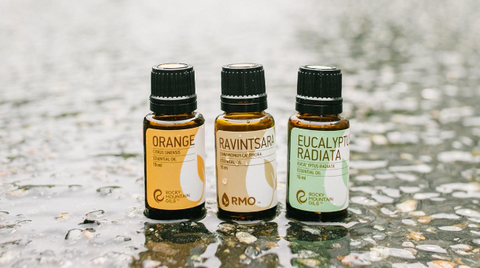
What is the Most Flammable Essential Oil?
We often think about essential oils' delightful scents and various therapeutic benefits. However, it's important to remember that not all essential oils are created equal, and some have properties that can make them more flammable than others. This article will explore the world of volatile essential oils, their characteristics, and how to handle them safely.
Understanding Flammability in Essential Oils
Before we dive into which essential oil is the most explosive, let's understand why some essential oils are more prone to combustion:
- Flash Point: The flash point of an essential oil is the temperature at which it can ignite when exposed to an open flame or spark. Oils with lower flash points are more flammable and require extra caution.
- Chemical Composition: Essential oils are made up of various volatile compounds, and the combination of these compounds can affect flammability. For example, oils rich in terpenes or aldehydes tend to be more flammable.
- Storage and Usage: How you store and use essential oils can also impact their flammability. Leaving oils near heat sources or misusing them can increase the risk of combustion.
Now, let's find out which essential oil is the most explosive.
Identifying the Most Flammable Essential Oil
While many essential oils have low flash points and are considered flammable, there is one that stands out as the most explosive:
Clove Essential Oil
Clove essential oil is known for its warm and spicy aroma and impressive therapeutic properties. However, it also has a notably low flash point, making it one of the most flammable essential oils in everyday use.
Characteristics of Clove Essential Oil
To better understand why clove essential oil is highly flammable, let's look at some of its key characteristics:
- Low Flash Point: Clove essential oil has a flash point of around 113°F (45°C). This means it can ignite at relatively low temperatures compared to other essential oils.
- Rich in Eugenol: The primary constituent responsible for clove oil's flammability is eugenol, a compound that contributes to its unique scent and therapeutic properties. However, eugenol is also known to be flammable.
- Strong Antiseptic Properties: Despite its flammability, clove essential oil is valued for its strong antiseptic and analgesic properties. It's often used for dental care and to alleviate pain and inflammation.
Safety Precautions for Clove Essential Oil
Given its flammability, using clove essential oil requires extra care. Here are some safety precautions to keep in mind:
- Dilution: Always dilute clove essential oil properly with carrier oil before applying it to the skin. Using it undiluted can increase the risk of skin irritation or sensitization.
- Keep Away from Open Flames: Avoid using clove oil or any open-flame aromatherapy devices near open flames, such as candles or gas stoves.
- Store Properly: Store clove essential oil in a cool, dark place, away from heat sources, to minimize the risk of accidental ignition.
- Use a Diffuser with Caution: If using a diffuser with clove oil, ensure it has safety features and follow the manufacturer's instructions. Please do not leave it unattended while in use.
- Educate Yourself: Familiarize yourself with clove essential oil's properties and safety guidelines before use. Being informed is the first step in safe usage.
Other Flammable Essential Oils
While clove oil tops the list as the most flammable essential oil, several others also have low flash points and should be handled with care:
- Cinnamon Bark Essential Oil: Cinnamon oil is known for its spicy, warming scent. It has a low flash point and should be used cautiously.
- Thyme Essential Oil: Thyme oil contains thymol, which can make it explosive. Proper dilution and safe storage are essential when using thyme oil.
- Pine Essential Oil: Pine oil, derived from pine needles, can be flammable due to its terpene content.
Clove essential oil is widely regarded as the most flammable essential oil due to its low flash point and eugenol content. While it offers various benefits, it should be used cautiously, especially when storing, diluting, and using it around open flames or heat sources. Understanding the flammability of essential oils is crucial for ensuring your safety while enjoying their aromatic and therapeutic qualities. Always prioritize safety when working with these potent natural substances.
FAQs - Are Essential Oils Flammable?
How often do essential oil-related accidents occur?
Infrequently, mainly when used responsibly.
Can all essential oils catch fire?
Not all, but many can, especially in their purest forms.
Is it safe to use essential oils around children?
With caution and proper dilution, yes. But always supervise.
How can I determine the purity of an essential oil?
Look for GC/MS test results from the manufacturer or third-party labs.
Are there non-flammable alternatives to essential oils?
While some synthetic fragrances exist, they may not offer the same therapeutic benefits.
How do I dispose of expired or unused essential oils?
Ideally, consult local disposal guidelines. Some oils can be diluted and disposed of in regular trash.
Are essential oils a fire hazard?
Essential oils are not typically fire hazards, but they can become one if mishandled or exposed to open flames and heat sources. To ensure safety, store them away from direct sunlight and flames, use them according to manufacturer guidelines, and avoid overusing them in diffusers, which can lead to overheating. Overall, essential oils can be enjoyed safely with proper care and common sense.
Are essential oils flammable in candles?
Essential oils are flammable and can pose a fire risk when used in candles. When you mix essential oils into candle wax, the oils become part of the candle composition and can ignite when exposed to a flame. To use essential oils safely in candles, it's necessary to follow proper candle-making instructions, use appropriate fragrance concentrations, and ensure that the candle wick is appropriately sized to prevent flare-ups or excessive heat. Always exercise caution and adhere to safety guidelines when using essential oils in candle-making to minimize fire hazards.
Are essential oils safe when heated?
Essential oils can be safely heated when used in diffusers designed for aromatherapy, following the manufacturer's instructions. These devices heat the oils gently to release their aroma without causing combustion. However, heating essential oils directly over an open flame or on a stovetop can be hazardous, as it can lead to ignition due to their flammable nature. So, when it comes to heating essential oils, the method and equipment used are crucial for safety.
Are fragrance oils flammable?
Fragrance oils, like essential oils, can be flammable. Their flammability depends on their specific composition, and some fragrance oils may have flash points that make them potentially explosive when exposed to open flames or high temperatures. To ensure safety, following proper storage and usage guidelines for fragrance oils is essential, keeping them away from heat sources and open flames to minimize any fire risk. Always exercise caution when handling flammable substances like fragrance oils to prevent accidents.
Conclusion: Safe Usage is Key
Essential oils, with their myriad benefits, are truly remarkable. But, like all powerful things, they demand respect and caution. Knowledge and responsible usage pave the way for a safe and aromatic experience.

